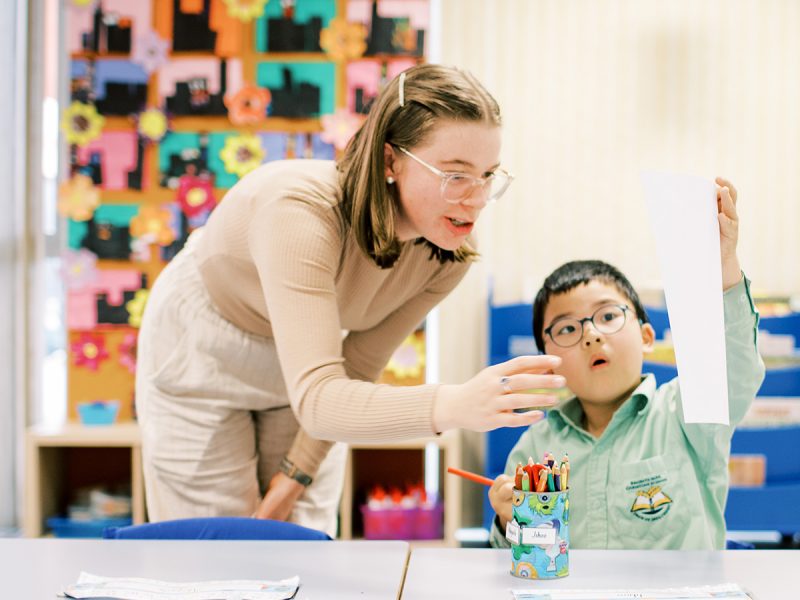You get your child in the car and ask, “What did you do today?” They reply, “Nothing.” Sound familiar? This is a common answer to a BIG question. To a child, this question can feel overwhelming, but we want them to talk.
Why? Talking helps develop the bond between you and your child. Engaging in conversation specifically about school helps you get a sense of how your child is feeling about school, what they are learning and any challenges they are facing.
It can also help you foresee any issues, so that you can communicate with the teacher and find solutions before things escalate.
Handy tips for talking
- Give your child space. They are probably tired or hungry as soon as school is over, so try asking questions about their day over an afternoon snack or after some wind-down time.
- Talk as you drive home. It’s less confrontational.
- Be ok if there are times when they don’t want to talk.
- Ask specific and positive questions like:
-
- Can you remember the names of the kids you played with? What are they?
- What was fun?
- What was the best thing you did today?
- What’s the news from school?
- What did you do after recess?
- What does your classroom look like at the moment?
- Give your child your full attention when they talk
- Take them seriously – reply with, “That’s really interesting,” “Then, what happened?”, “How did that make you feel?”
- Model respectful and understanding language, for example, “‘I can see that is frustrating, but Mrs Jones is your teacher, and you need to speak respectfully to her.”
If conversations bring up concerns, remember to communicate with your child’s teacher, or, give it time if it is minor. It is good for children to feel they can resolve situations on their own.
“Fathers, do not provoke your children to anger by the way you treat them. Rather, bring them up with the discipline and instruction that comes from the Lord.”
Ephesians 6:4












 Routine, Routine, Routine
Routine, Routine, Routine
